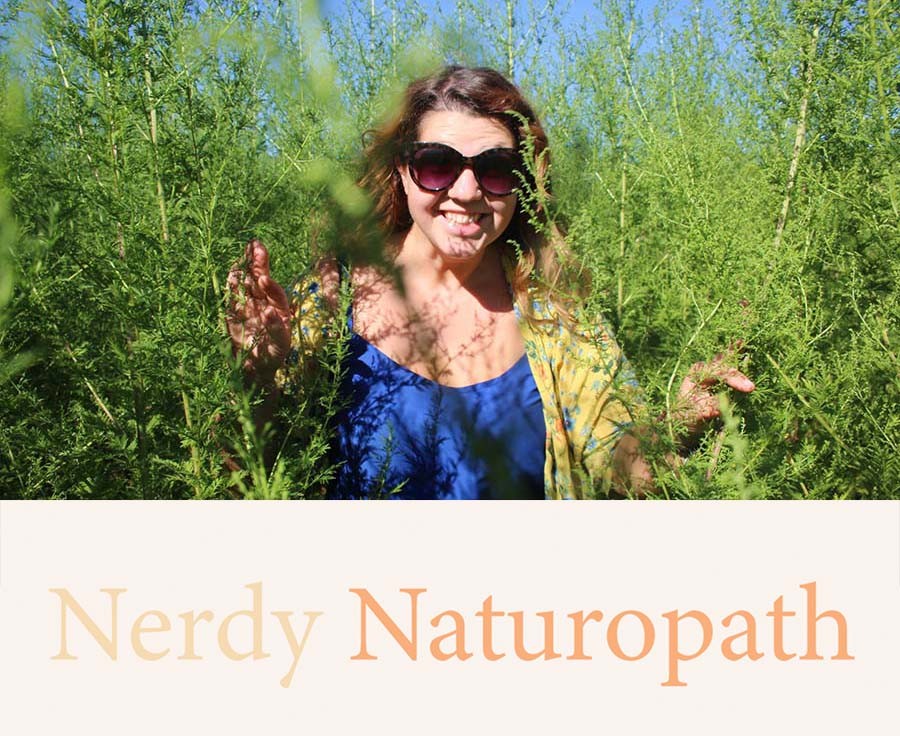
by Siobhán Carroll BA; Dip Nat; Dip Herb; MANP; MGNC
Itchy, dry skin? Eczema is the name given to a group of conditions that cause skin to become itchy, inflamed, or have a rash-like appearance. There are seven types of eczema but atopic eczema is by far the most common. Skin is typically red, dry and itchy.
Topical steroids and prescription medicines are usually prescribed for patients with eczema symptoms, but they’re often not without unwanted side-effects. If you’re looking for a more natural approach to managing eczema, there are a number of plant remedies that can help to ease the itch and soothe irritated skin.
At the top of this list? It has to be neem. Neem is a very valuable plant when it comes to treating skin conditions. The properties of the plant make it wonderful at relieving any discomfort or itchiness associated with dry, sensitive skin and it works quickly and effectively to ease inflammation and pain – making it a perfect option for eczema-prone skin. A. Vogel’s Neem Cream and Oil can be applied directly to the affected area as needed. A Neem Shampoo, with extracts of neem leaves, is also available for dry, irritated and flaky scalps. Do bear in mind though, that A. Vogel’s Neem Cream and Oil are not suitable for those with nut allergies due to its almond oil content.
Oats can also be very soothing on irritated, itchy skin. Blend some porridge oats with lukewarm water to form a paste and then apply topically to the affected area. A less messy but equally soothing option, is to run yourself an oatmeal bath. You can use any kind of oatmeal but keep your ingredients natural. A top tip is to pour a cup of oats into the toe section of a sock and tie in a knot so as to not clog the bath.
It is worth noting that gluten can be an allergen for many people with eczema so I usually recommend using gluten-free oats, even topically, just in case.
Did you know? Oats contain up to 20 times more silica than other plants. Silica helps strengthen skin and gives skin elasticity and smoothness. An extract of the oat plant, Avena sativa, has been shown in several studies to help reduce skin irritation and inflammation.
Evening primrose oil is a rich plant source of omega-6 fatty acids and gamma-linolenic acid, which, when taken orally, may help to ease the inflammation characteristic of eczema.
Evening primrose oil can also be used topically to soothe irritated skin.
Finally, calendula has been used for centuries as a soothing and calming remedy to help with skin inflammation, burns and cuts. There isn’t a huge amount of research on calendula’s use in treating eczema but herbalists, wise women and mothers have all been using this amazing herb with great success for aeons. It is one of my all-time favourite herbs and can be used topically on the skin and also can be drunk internally as a tea. If you grow calendula in your garden you can even chew up some petals and put them directly on the skin as a fresh flower poultice.
For further information on eczema, contact Siobhán Carroll by email.
About Siobhán
Siobhán Carroll is a fully qualified clinical Herbalist and Naturopath based in Ireland. She runs her own clinic in the west of Ireland (Co. Clare) and online via her website nerdynaturopath.com. She has 10 years of experience in the field of natural health, she also teaches yoga and meditation and is a lecturer at the College of Naturopathic Medicine.
Siobhán is also a yoga teacher, a loving mum and a massive Harry Potter fan. She has a deep connection with plants and is passionate about empowering people to look after their own health using the healing powers of nature.
Siobhán Carroll BA; Dip Nat; Dip Herb; MANP; MGNC
Follow Siobhán on Facebook.